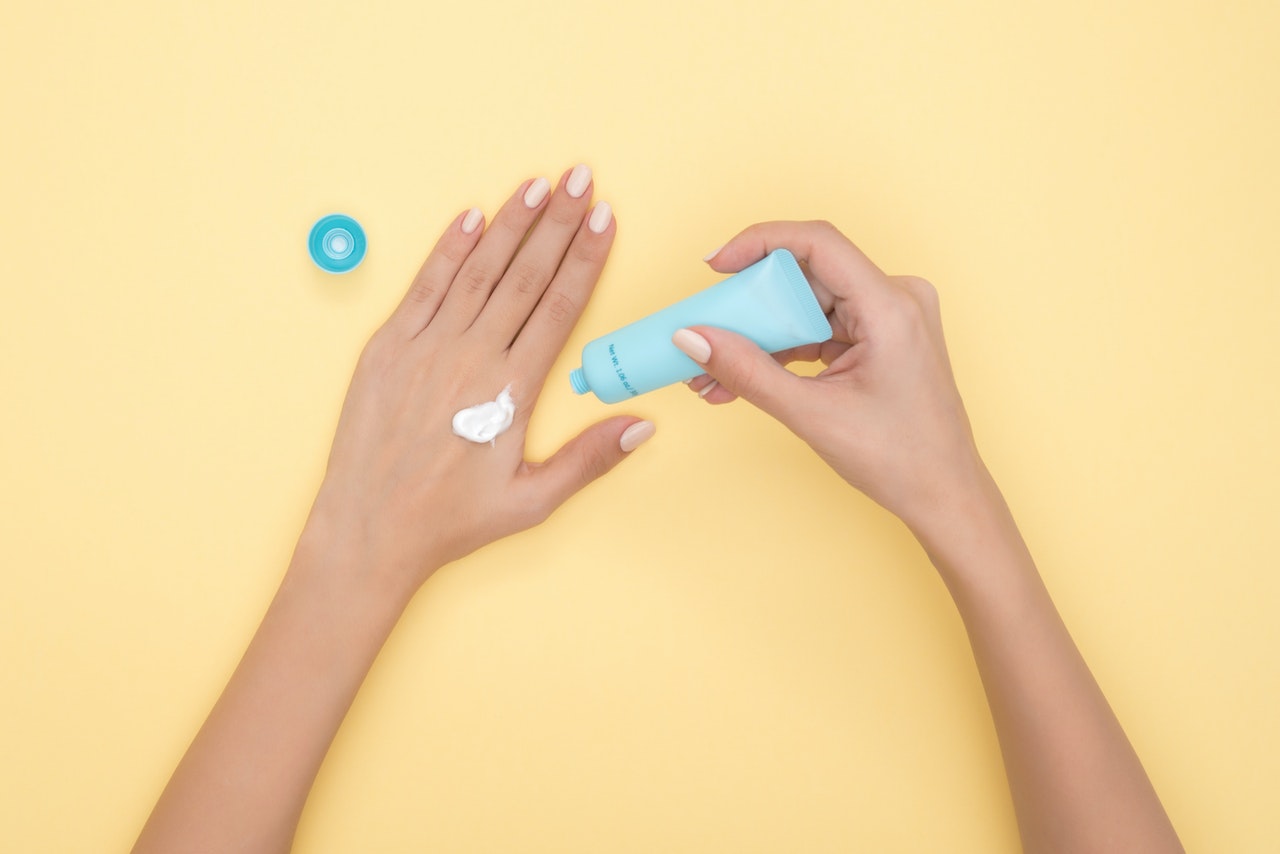
Some studies suggest that the effects of ageing can be reversed. So if you want to slow down the aesthetic effects of ageing, you shouldn’t be ashamed. But there are steps you can take and lifestyle changes to slow it down. These are things out of your control, but there are many things you can influence to slow down skin ageing.
But even if your family’s skin is prone to wrinkling, you can still control your skincare and how well it ages. While wrinkles are inevitable at some point, taking good care of your skin can keep you wrinkle-free for as long as possible. When your skin doesn’t have the hydration or volume it had before, it may also make it more prone to wrinkles.
Many facial moisturizers contain sunscreen and can be applied before daytime makeup. Dermatologists recommend using suncare with a minimum SPF of 30 as a key part of anti-ageing skincare.
Protect yourself from sun exposure, it is known to damage your skin, leading to premature ageing and wrinkles.
Living in a heavily polluted environment and not caring for your body can contribute to premature ageing. To prevent ageing, you need to avoid habits that can speed up this process. However, you can slow it down and help prevent age-related diseases by adopting a healthy lifestyle.
Living a healthy lifestyle that includes plenty of exercises, a healthy diet, and a good night’s sleep can greatly improve the productivity and health of older adults. Tasty, nutritious food and staying healthy are just a few of the health goals that research shows can promote healthy ageing.
There are many proven ways to increase lifespan while staying healthy into old age, even if that doesn’t necessarily mean reversing your biological age. More and more research is focusing on strategies that can fight ageing at its core: the cellular processes that contribute to age-related diseases and changes in our appearance as we age. Medical researchers have used various means to slow down the ageing process, prevent the onset of age-related diseases, and extend normal life spans.
Before delving into the possibility that scientists can reverse the ageing process, it is important to understand the human ageing timeline. While the researchers hope that the promising results from reprogrammed mice could someday be transferred to humans, it will likely take decades of work before age change in humans becomes anything of reality. So far, no ageing-focused company has seen progress in reprogramming-based therapies in human clinical trials. With hundreds of millions of dollars raised by wealthy investors just to fund the field of reprogramming, the next few years could prove promising for research on age change.
But in theory, epigenetic reprogramming should work in mice and humans at any age, says lead author Alejandro Ocampo, adding that over time, cells of centenarians could also be rejuvenated. But even so, there are concerns that the reversal of ageing in cells could lead to uncontrolled cell proliferation, leading to cancer.
A new study suggests that, at least in mice, it may be possible to slow or even reverse ageing by reversing changes in gene activity — changes caused by decades of human life. Kaberlein said the study shows that not only can ageing be slowed, but it can also be reversed.
Some scientific experiments using human cells and simple organisms have shown that the ageing process can be reversed. Reverse ageing technology can provide important benefits for human longevity and health.
